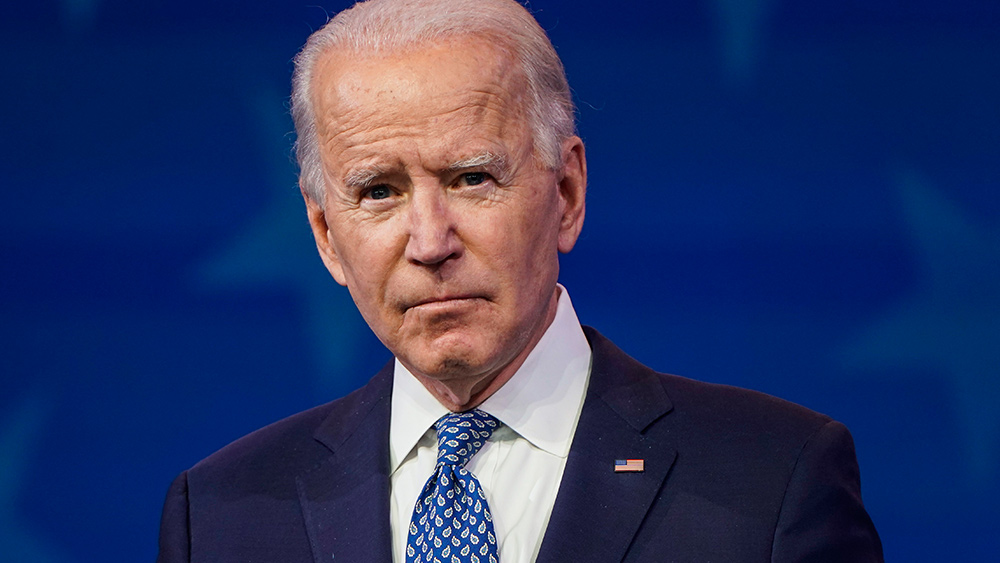 Parler
Parler Gab
Gab
Starlink says it does not do business of any kind with Russia
In response to the story, Starlink said it "does not do business of any kind with the Russian government or its military." It added: "Since Starlink is not operational in Russia, services will not be available there." SpaceX, Starlink's parent, also insisted that the satellites are "not available in Dubai." The Kremlin also denied claims that Russian forces are using Starlink. "This is not a certified system with us; accordingly, it cannot be officially supplied here and is not officially supplied," Kremlin Press Secretary Dmitry Peskov told reporters. "Accordingly, it cannot be used officially in any way." SpaceX's project to deliver Starlink terminals to Ukraine has been a difficult endeavor from the beginning. Last year, the corporation claimed it had no purpose of turning the technology into a weapon. "Ukrainians have leveraged it in ways that were unintentional and not part of any agreement," said SpaceX President Gwynne Shotwell at the time. Musk's concerns about getting personally involved in the conflict were relieved when SpaceX said last year that it could no longer provide the service to Ukraine for free. However, the U.S. Department of Defense then picked up the bill and acted as a middleman. The South African-born technocrat claims that he earlier refused a request from Ukraine to enable the service in Crimea. Musk reportedly feared that Ukraine would utilize it to sink Russian warships docked in Sevastopol and maybe initiate a huge conflict that might even turn nuclear. Watch Harrison Smith discuss SpaceX's decision to disable Starlink in Ukraine following reports of its use in guiding combat drones. This video is from the InfoWars channel on Brighteon.com.More related stories:
Ukraine running out of tanks as military struggles to repair machinery damaged by Russia. Space war brewing? Russia threatens to destroy Starlink satellites. U.S. supplies Ukraine with new, cheaper long-range bomb that can hit civilian targets in Russian territory. Sources include: GreatGameIndia.com DefenseOne.com Reuters.com Brighteon.comBubonic Plague, one of history’s most lethal pandemics, was just detected in Oregon
By Lance D Johnson // Share
Fani Willis’ lawyer donated to anti-Trump propaganda, National Pulse reports
By Belle Carter // Share
Global cybercrime kingpin BUSTED in crackdown involving multiple law enforcement agencies
By Kevin Hughes // Share
Governments continue to obscure COVID-19 vaccine data amid rising concerns over excess deaths
By patricklewis // Share
Tech giant Microsoft backs EXTINCTION with its support of carbon capture programs
By ramontomeydw // Share
Germany to resume arms exports to Israel despite repeated ceasefire violations
By isabelle // Share










